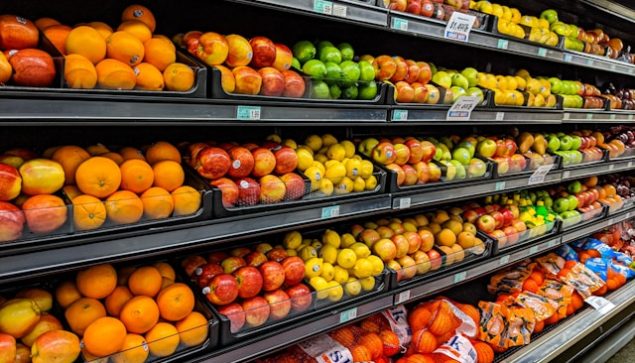Shrinkflation, skimpflation and affordability challenges in the food system
Final Report to the Office of Consumer Affairs
November 2023 – March 2025
Read the press release here
Le version française est disponible ici
Montreal, QC – October 20, 2025 – Food Secure Canada today released “How Will We Shop? Shrinkflation, skimpflation and affordability challenges in the food system,” a comprehensive report examining consumer protection issues and food affordability across Canada. The report, funded by the Office of Consumer Affairs, is available in English and French at foodsecurecanada.org.
The 16-month project engaged over 1,000 Canadians through webinars, consultations, and a national convening to understand how shrinkflation and skimpflation—practices where companies reduce product sizes or ingredient quality while maintaining prices—impact consumers and reflect broader food system challenges.
“Our engagement revealed that Canadians are experiencing these deceptive pricing practices firsthand but often lack tools to identify or respond to them effectively,” said Marissa Alexander, Co-Executive Director of Food Secure Canada. “However, participants consistently told us they want to understand and address the root causes, not just the symptoms.”
The report identifies three interconnected pillars for addressing food affordability: tackling poverty through comprehensive income supports, implementing market oversight to address corporate concentration, and investing in (w)holistic food system approaches including cooperatives, Indigenous food sovereignty initiatives, and solidarity grocery stores.
Key findings include:
- Strong public demand for accurate labeling requirements and regulations addressing anti-consumer practices
- Community-controlled food retail models offer viable alternatives that prioritize consumer needs
- Market concentration creates conditions where deceptive pricing practices can persist
“Canada’s food affordability crisis requires more than inviting additional corporate retailers,” said Alexander. “Our work shows that solutions already exist in communities across the country—they need government support that recognizes that food insecurity is a market failure. And you can’t solve a market failure with more market.”
The report provides recommendations for government action including mandatory grocery codes of conduct, enhanced labeling regulations for shrinkflation and skimpflation, comprehensive income support programs, and investment in community-driven food retail alternatives.
Food Secure Canada hosted 240 participants at its November 2024 national convening in Montreal, the organization’s first in-person gathering since 2018, bringing together Indigenous food sovereignty leaders, Black food justice organizers, cooperative pioneers, policy advocates, and researchers.

